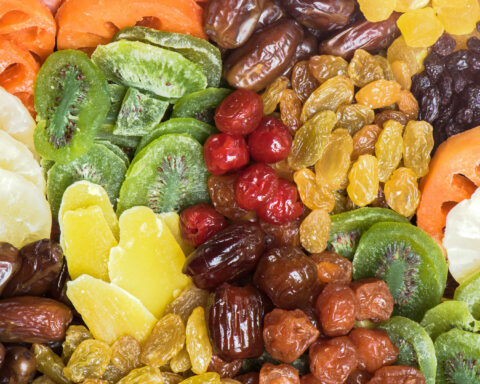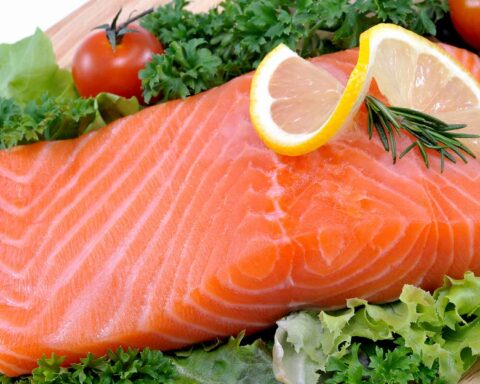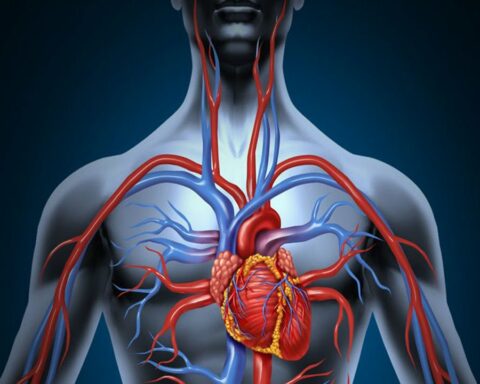Bloating is a common condition characterized by swollen belly after eating. Other symptoms include stomach pain, gas, and discomfort. Most of the foods you eat every day cause bloating.
It won’t be a nice idea to eliminate some foods from your diet. You can eat them and control the condition by drinking plain or carbonated water, eating peppermint, taking a laxative to relieve constipation, and applying a heating pad to the stomach.If bloating is not controlled appropriately, you may pass bloody stool. Children can control bloating using activated charcoal tablets, food enzymes, such as beano, and simethicone, gas-X.Here are foods that cause bloating
Beans
Beans belong to the legume family with a high amount of protein, fiber, vitamins, minerals, and beneficial carbs.They promote weight loss, provide energy, reduce cancer risk, prevent inflammation, and improve heart health. Furthermore, they are recommended for older babies because they are nutrient-dense and soft. However, they contain sugars called alpha-galactosides that belong to FODMAPs. FODMAPs are carbs that go to the colon undigested and fermented by gut bacteria, producing a gas. Another gas is formedin people with irritable bowel syndrome during fermentation, resulting in bloating, cramping, and diarrhea.
Lentils
Lentils are legume plants containing protein, fiber, and healthy carbs. Furthermore, they contain supportive minerals, such as iron, copper, and manganese and enhance weight loss, reduce the risk of anemia, improve heart health, and provide energy. However, due to the fiber content, they can cause bloating in sensitive individuals. Furthermore, they contain FODMAPs that lead to production of gas and bloating. For easier digestion, soaking or sprouting them isnecessary.
Carbonated drinks
Carbonated drinks contribute to bloating due to the presence of carbon dioxide gas. Unlike other drinks, taking carbonated drinksmeans high consumption of gas that gets trapped in the digestion system, causing bloating.Healthy drinks to substitute carbonated drinks includeplain water, coffee, tea, fat-free milk, hot chocolate, and lemon juice.
Wheat
Wheat is packed with gluten that is widely consumed in many ways. For instance, you can eat it through bread, pasta, tortillas, and pizzas.Eating wheat reduces the risk of cardiovascular diseases, and chronic inflammation promotes weight loss and prevents obesity. However, gluten contains a protein that causes digestion problems, such as bloating, gas, diarrhea, and stomach upset. Furthermore, it is loaded with FODMAPs that cause poor digestion. You can substitute wheat with pure oats, quinoa, almond, and coconut flour.
Broccoli and cruciferous vegetables
Broccoli and other cruciferous vegetables, such cabbage, brussels sprout, and cauliflower, contain supportive compounds, including fiber, vitamin C and K, iron, and potassium. They reduce the risk of heart and cancer disease, care for the eye and skin, improve bone health, and actas an anti-inflammatory. However, they contain FODMAPs that cause bloating. The best substitute for these vegetables includes spinach, cucumbers, lettuce, and zucchini.
Onions
People eat onions in small amounts to get vitamin C and B6, folate, and potassium. These underground bulb vegetables promote sexual life, care for hair, improve bone health, and reduce anxiety. However, they contain fructus that cause bloating, especially in people who eat them uncooked. Eating cooked onions can reduce bloating.You can replace them with fresh herbs.
Barley
Barley belongs to cereal grain and contains fiber, vitamins, and minerals, such as manganese, molybdenum, and selenium. They promote heart health, enhance strong bones, and improve brain function. However, due to high fiber content, barley may cause bloating. Moreover, it contains gluten that affects people who are gluten intolerant. You can replace barley with scotch barley, brown rice, quinoa, and buckwheat.
Rye
Rye is a nutritious cereal grain that contains fiber, manganese, copper, phosphorus, and B-vitamins. It boosts metabolism, promotes heart health, andenhances proper brain function. However, gluten and high fiber make it a risk factor of bloating to insensitive people. Oats, brown rice, buckwheat, and quinoa are the best alternatives to rye.
Dairy products
Dairy products are excellent sources of protein and calcium. There is a long list of dairy products, such as milk, cheese, cream, yogurt, and butter.Yogurt contains probiotics that improve gut health. However, they contain lactose that is not easily broken down in people with lactose intolerance. They experience bloating, gas, cramping, and diarrhea. Such people can substitute dairy products with coconut, almond, soy, and rice milk.
Apple
Apple belongs to a group of nutritious fruits with high fiber, vitamin C, and antioxidants. Antioxidants protect the body cells from free radicles that causeinflammation, cancer, and skin disease. However, apples contain fiber and fructose, a FODMAP that causes bloating. Furthermore, fructose and fiber ferment in the colon, causing bloating and gas.Substitute it with bananas, blueberries, oranges, grapefruit, and strawberries.
Garlic
Garlic is loaded with supportive compounds that lower cholesterol, improve memory and skin health, reduce the risk of heart disease, and control blood pressure. However, it contains FODMAPs that cause bloating. Cooking them is the best way of reducing bloating. Furthermore, you can choose other spices, such as thyme, parsley, chives, and basil, to substitute garlic.
Sugar alcohols
Sugar alcohols, such as xylitol, sorbitol, and mannitol, are good alternatives to chewing gums. This is because they do not contain calories. However, they are loaded with FODMAPs that cause bloating. You can substitute them with stevia and erythritol.
Beer
Apart from causing bloating, beer increases belly fat. It is a carbonated beverage made from fermented carbs, such as maize, wheat, rice, and barley. Carbon dioxide and fermented carbs cause bloating. Furthermore, it contains gluten that causes bloating, gas, and diarrhea in gluten sensitive people.
Conclusion
Bloating is a common problem characterized by a swollen belly, stomach pain, gas, and discomfort. It results from foods you take, especially those with fiber. You can control it by drinking plain or carbonated water, eating peppermint, taking a laxative to relieve constipation, and applying a heating pad to the stomach.
- How HØJ Became the New High - June 10, 2023
- “Sahyog-Care for You”: Empowering Communities and Creating Lasting Change - June 10, 2023
- Sexual Positions to Last Longer – Here Are The Best Positions for Giving Her An Orgasm - April 7, 2023









